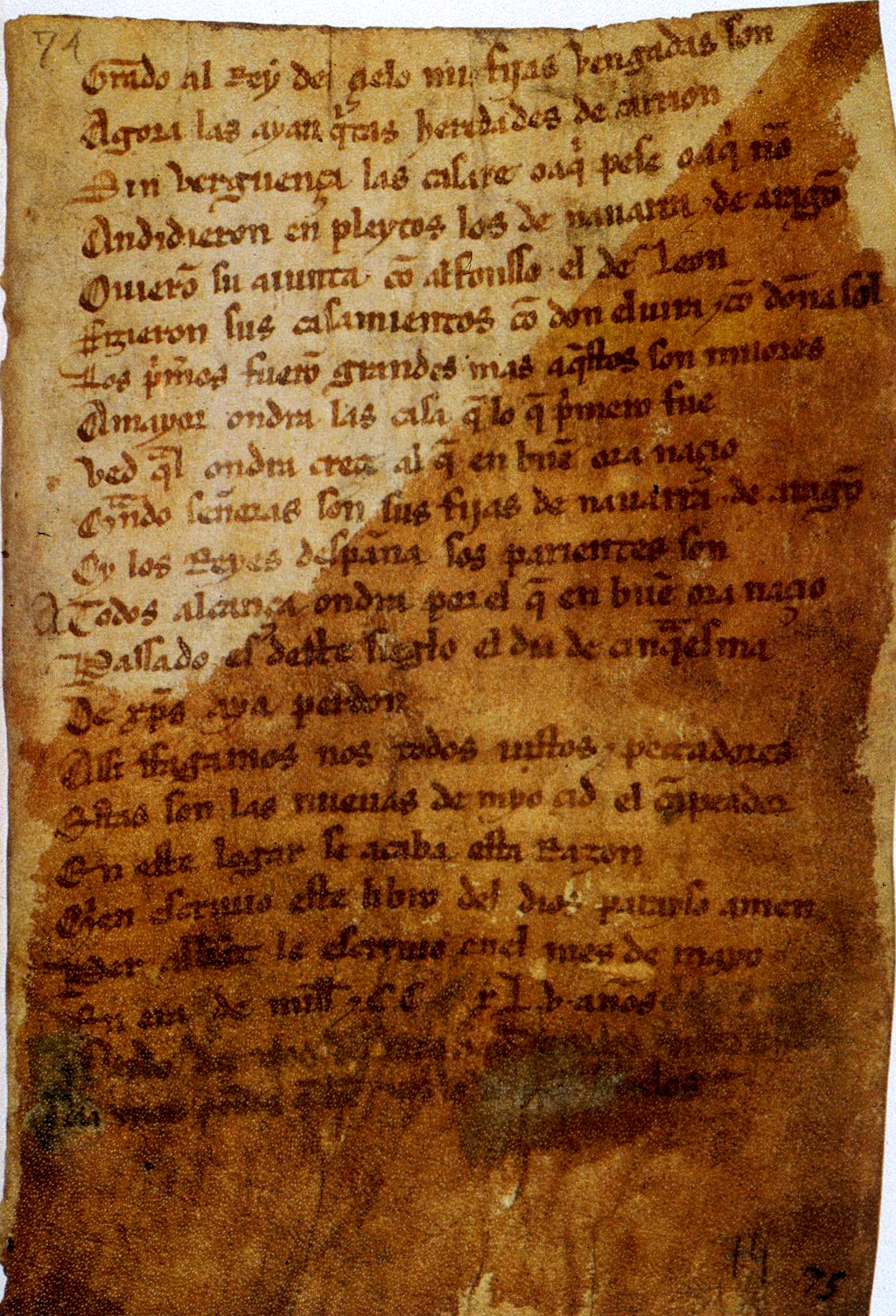Learning Spanish 101
- Introduction to Spanish
- Everyday Vocabulary
- Conversational Spanish
- Intermediate Grammar
- Travel Vocabulary
- Business Spanish
- Spanish Culture
- Advanced Grammar
- Spanish Literature
- Spanish in the Media
- Review and Practice
Intermediate Grammar
Understanding and Using Conditional Tenses in Spanish

Grammar.
The conditional tense in Spanish is used to express what would happen given certain circumstances or to indicate a possibility in the future. It is also used to express politeness, speculation, and probability. This unit will provide a comprehensive overview of the formation and usage of the conditional tenses in Spanish.
Introduction to Conditional Tenses in Spanish
In Spanish, the conditional tense is often referred to as the "would" tense because it expresses what would happen under certain conditions. For example, "Yo comería" translates to "I would eat."
Present Conditional Tense: Formation and Usage
The present conditional tense in Spanish is formed by adding the conditional endings to the infinitive form of the verb. These endings are -ía, -ías, -ía, -íamos, -íais, -ían.
For example, the verb "hablar" (to speak) in the conditional tense is:
- Yo hablaría (I would speak)
- Tú hablarías (You would speak)
- Él/Ella/Usted hablaría (He/She/You(formal) would speak)
- Nosotros hablaríamos (We would speak)
- Vosotros hablaríais (You all would speak)
- Ellos/Ellas/Ustedes hablarían (They/You all would speak)
The present conditional is used to express what you would do in a hypothetical situation. For example, "Si tuviera dinero, viajaría por el mundo" (If I had money, I would travel the world).
Perfect Conditional Tense: Formation and Usage
The perfect conditional tense is used to express what would have happened but didn't. It is formed by using the conditional tense of the auxiliary verb "haber" followed by the past participle of the main verb.
For example, "Yo habría comido" translates to "I would have eaten."
Expressing Hypothetical Situations and Regrets
The conditional tense is often used in conjunction with the imperfect subjunctive to express hypothetical situations or regrets. For example, "Si hubiera estudiado, habría aprobado el examen" (If I had studied, I would have passed the exam).
Practice Exercises: Using Conditional Tenses
To master the use of conditional tenses in Spanish, practice is key. Try to construct sentences using both the present and perfect conditional tenses, and use them in different contexts to express hypothetical situations, politeness, speculation, and probability.
By the end of this unit, you should be able to confidently use the conditional tenses in Spanish, enhancing your ability to express complex ideas and engage in more nuanced conversations.